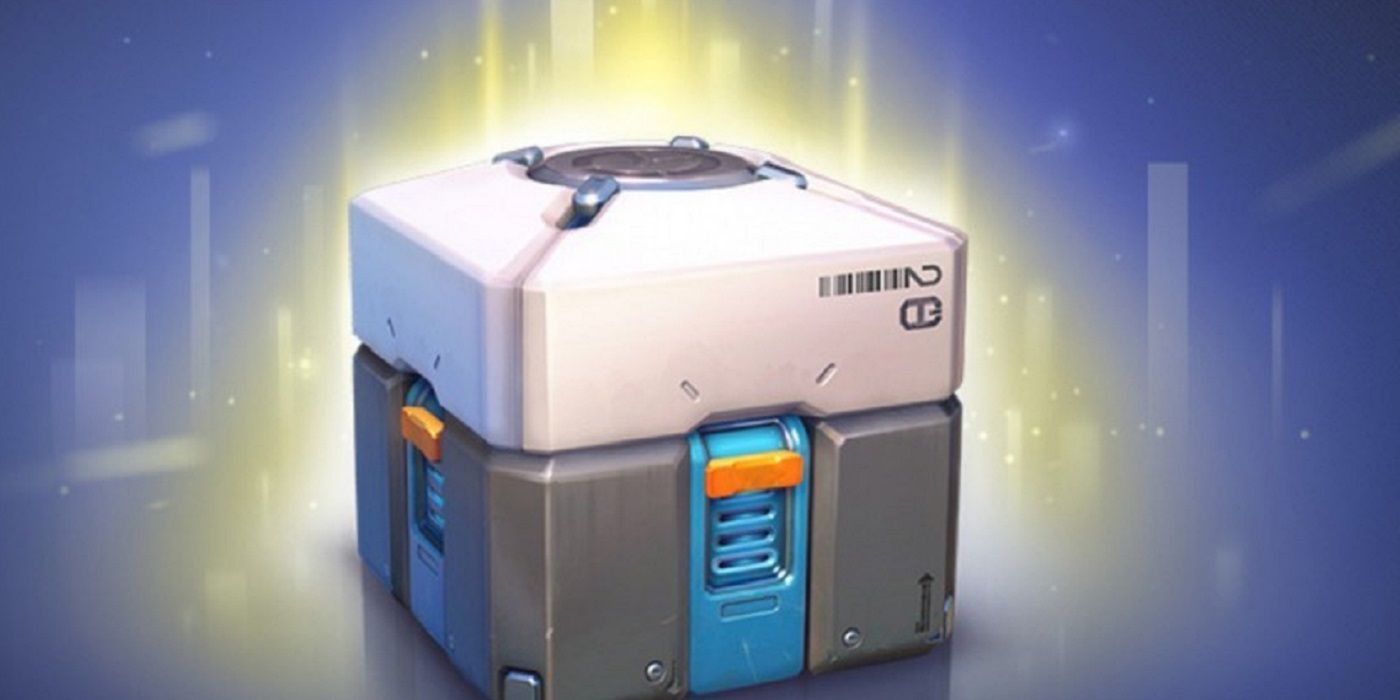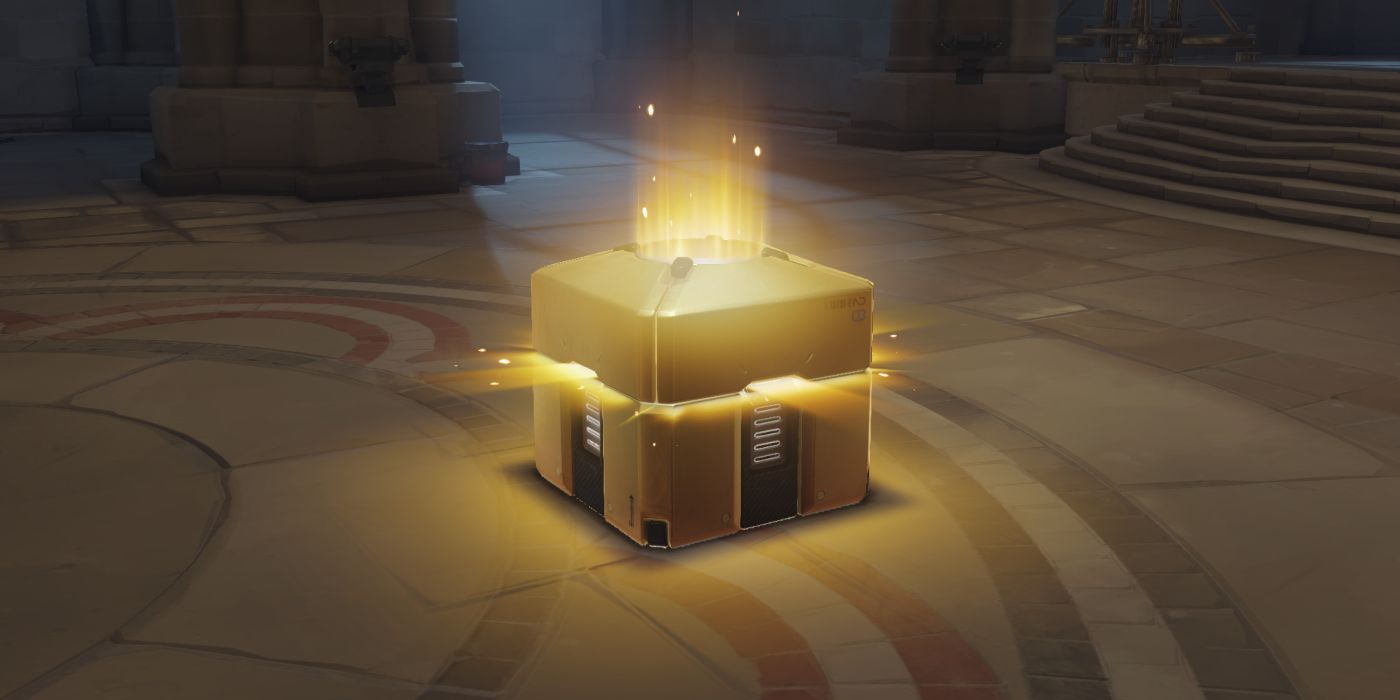During the Federal Trade Commissions panel about video game loot boxes, a streamer management agent revealed that one publisher offered to boost loot box odds for sponsored streamers. The panel was followed by the announcement that Sony, Microsoft, and Nintendo would make video game publishers reveal loot box odds.
As part of the FTC panel Brittany Frassetto asked Omeed Dariani, CEO of Online Performers Group, a streamer management agency, if video game publishers often pay streamers to do loot box opening videos, if they pay for the loot boxes, and if they give the streamers better odds. Dariani revealed that "Companies do pay for that sort of thing," and that it is odd for publishers to just pay a streamer to make a loot box unboxing video. On one occasion, said the CEO, he was in a room where a publisher said "We could do better odds on the packs that this person opens for promotional purposes." It's unclear if this is a widespread practice and that other talent managers like Dariani have been offered this too.
Some gamers are now asking if the FTC sees this as an illegal practice and if there could be some sort of punishment for the streamers and publishers that take part in it. The FTC has made settlements with gaming content creators before about failing to properly disclose their financial relationship. In the CSGO lotto scandal, two YouTubers failed to state that they owned the skin gambling site that they'd been promoting. The case of a content creator opening loot boxes with inflated odds is a little different, but if something like that happened and the streamer hadn't stated it, it could be seen as an improper disclosure.
Whether any streamers have taken up a publisher on the boosted loot box odds offer or not, for many, it just confirms suspicions they had about loot boxes and the shady practices surrounding them. Video game publishers had been heavily criticized for putting loot boxes in games as some say that they constitute gambling. Publishers were also accused of designing loot boxes in way that lead to addiction, such as by adding animations and sounds that make players feel good when they open them.
Some gamers have now changed their loot boxes or, like Rocket League developer Psyonix, have removed them from their games entirely. Some of these changes were made because of backlash and with the FTC panel fanning the flames further, criticism is unlikely to fade soon.
Source: Polygon


